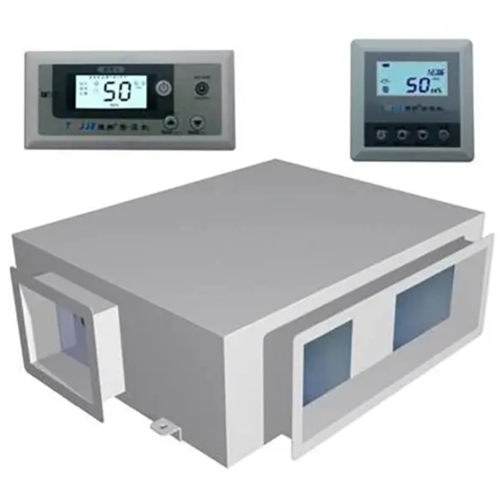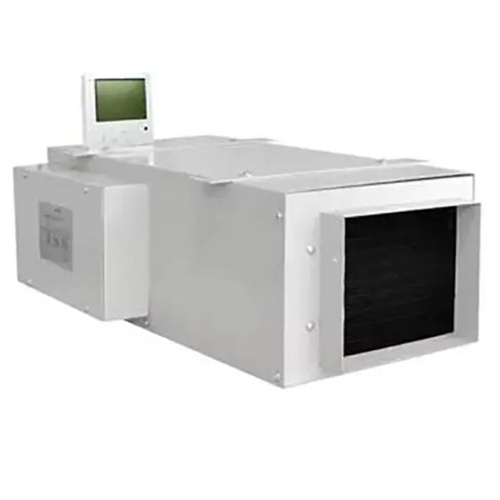In numerous industrial settings, controlling humidity levels is not merely a matter of comfort; it's a critical operational requirement. Excessive moisture can lead to a host of problems, from equipment corrosion and product spoilage to the proliferation of mold and bacteria. This is where the refrigerative dehumidifier plays a pivotal role.
How Refrigerative Dehumidifiers Work
The fundamental principle behind a refrigerative dehumidifier involves cooling air to a point where moisture condenses. This process mirrors the way dew forms on a cool surface. Here's a breakdown:
- Air Intake: The dehumidifier draws in humid air.
- Cooling: This air then passes over cold evaporator coils, where the moisture in the air condenses into water.
- Water Collection: The condensed water is collected in a reservoir or drained away.
- Reheating: The cooled, dehumidified air is then reheated to near room temperature and discharged back into the space.
Industry Applications
The versatility of the refrigerative dehumidifier makes it indispensable across a wide range of industries:
- Pharmaceuticals: Strict humidity control is essential in pharmaceutical manufacturing to maintain product stability and prevent contamination.
- Food Processing: In food processing facilities, dehumidifiers prevent moisture buildup, which can lead to mold growth and spoilage.
- Storage and Warehousing: Protecting sensitive goods, such as electronics, textiles, and paper products, requires maintaining optimal humidity levels.
- Construction: Dehumidifiers are used to accelerate drying processes in construction projects, particularly after flooding or in damp environments.
- Manufacturing: Many manufacturing processes require precise humidity control to ensure product quality and prevent equipment malfunction.
Key Considerations
When selecting a refrigerative dehumidifier, several factors should be considered:
- Capacity: The dehumidification capacity should match the size of the space and the level of humidity control required.
- Energy Efficiency: Look for models with high energy efficiency ratings to minimize operating costs.
- Durability: Industrial-grade dehumidifiers should be robust and designed for continuous operation.
- Maintenance: Easy maintenance and access to replacement parts are crucial for long-term reliability.
Dryair: Your Trusted Dehumidification Partner
At Dryair, we understand the critical importance of humidity control in industrial environments. Our range of high-performance refrigerative dehumidifiers is designed to meet the most demanding requirements. We offer solutions that are:
- Engineered for reliability and durability.
- Energy-efficient to reduce operating costs.
- Available in a variety of capacities to suit diverse applications.
Whether you need to protect sensitive products, maintain optimal manufacturing conditions, or prevent moisture-related damage, Dryair has the expertise and the products to meet your needs. We are dedicated to providing our clients with top-quality dehumidification solutions and exceptional customer service. Contact Dryair today to learn how we can help you achieve your humidity control goals.
Post time: Mar-04-2025







